I have goals and aims with all of my reading.
Here’s how you do that:
Sit down with a pen and a dedicated notebook.
Kindle or book open on lap.
Then pick your book.
Maybe you have one book per reading session, maybe you go through 3-5.
For each book you have ONE thing you’re aiming to get out of it.
Here are a few goals I’ve had with recent reads:
- Book: The Bourne Supremacy by Robert Ludlum
- Aim: Find the contract, the clock, and the crucible – I learnt this way of reading from Dan Brown.
- Book: White by Bret Easton Ellis
- Aim: Find what you agree and disagree with and pen an emotionally open response.
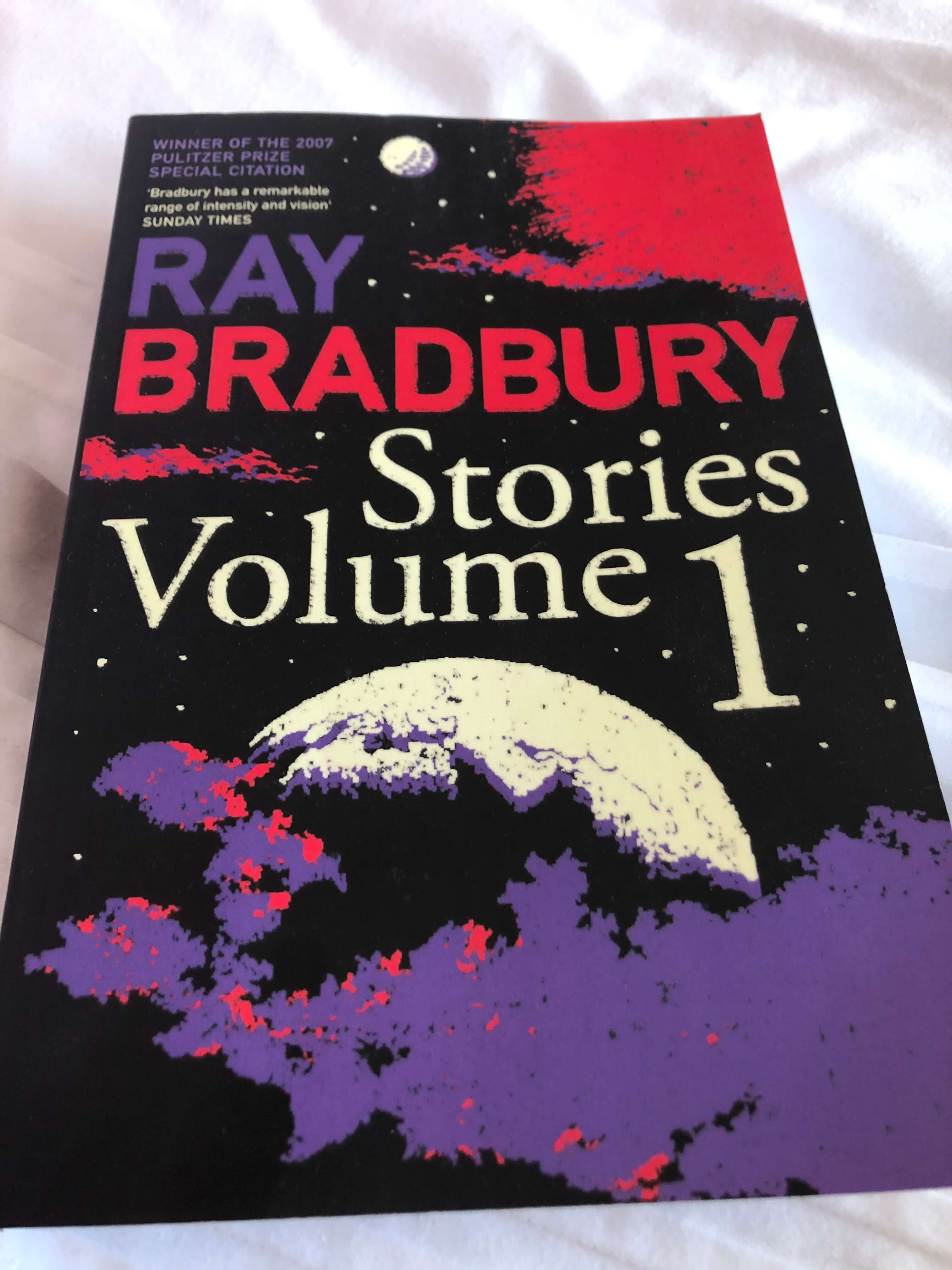 With short stories, I’ll read the first page or two, then stop.
With short stories, I’ll read the first page or two, then stop.
I’ll try to imagine what the ending might be based on what I’ve read so far and what I know of the author’s writing.
Then I finish the story and compare my imagined ending to the real one.
I ask myself “What elements led you to believe that ending? How did the author surprise you?”
I learnt this reading exercise from Joyce Carol Oates and have exercised it with authors as diverse as Hemingway, Chekhov, Munro, Dahl, and Oates herself.
I’ll even do this with films.
- Film: Butch Cassidy and the Sundance Kid
- Aim: Find the intention and obstacle – I learnt this from Aaron Sorkin.
Often I’ll try to connect two books penned by authors of drastically different backgrounds.
Right now I’m trying to create a universal understanding of family and relationships by reading Jonathan Franzen’s The Corrections and James Baldwin’s If Beale Street Could Talk.
I’m always updating my model of the world with books.
I finished reading Aristotle’s The Nicomachean Ethics last month (which inspired this series of articles).
From then on, every new book has been a conversation that helps me integrate what I learnt from Aristotle.
That means when I’m reading Khalil Gibran’s The Prophet (review here), I’m thinking about Aristotle. When I’m reading Rainer Maria Rilke’s Letters to a Young Poet (review here), I’m thinking about Aristotle AND Gibran.
I’m also drawing frames of reference and lessons learnt from books that impacted me years ago, like Man’s Search for Meaning (review here).
I read a health mix of classics, great works, and fast more disposable entertainment.
I call this the Pulitzer and Pulp™ literary diet.
I read everything as though it were a great work of non-fiction.
Fast thrillers from Dan Brown and gross-out horror from Stephen King teach me as much as works from Milton Erickson and George Lakoff.
When I read mainstream fiction, I’m reading for fun and pleasure, but I’m also trying to hone my craft.
- How does the author end their chapter so you want more?
- How do they create psychologically robust characters?
- How do they use language to create suspense?
I read with a pen in my hand.
Ten years ago I thought it was blasphemy to cover a book with ink (I didn’t even want to crack the spine).
Now I think it’s blasphemy if I don’t cover the book in notes.
This is called marginalia.
I highlight liberally, underline and circle stuff, and write notes in the margins.
I also keep an index that I update throughout my reading experience with themes I’ve identified during the reading so I can refer back.
I write reviews for the books that hit me the hardest.
This means I’m a super active reader.
I consult back over my notes.
I let the ideas percolate.
I bring them up in conversation and bounce them off other people who deepen my understanding.
Then I’ll write a review either by hand in a notebook or on the computer.
Often I’ll put the review online or send it to my email newsletter so others can benefit from my thoughts.
Reading is a conversation.
You are conversing with the author.
You are also conversing with other readers.
A book is not a dead piece of tree with ink printed on it.
A book is an entire life experience distilled down to the best parts and offered to you as a gift.
When someone I respect recommends a book to me, I buy it without question.
That could be a close friend.
Or it could be someone I’ve never even met.
It could be another author.
It could be in the footnotes of a book.
I follow the literary breadcrumbs.
I don’t deliberate about buying books. Ever.
Audiobook, paperback, kindle version.
Whatever I want to read, I read.
I set a timer each day and read for a solid 30 minutes without distraction.
I cemented this habit as part of a Spar challenge and found my reading speed, retention, and joy shot up.
30 minutes is the minimum I’ll read each day.
It’s typically much longer than that and I’ll stay up late reading a good book or several books.
If I have to travel long distances, I’m reading the whole way.
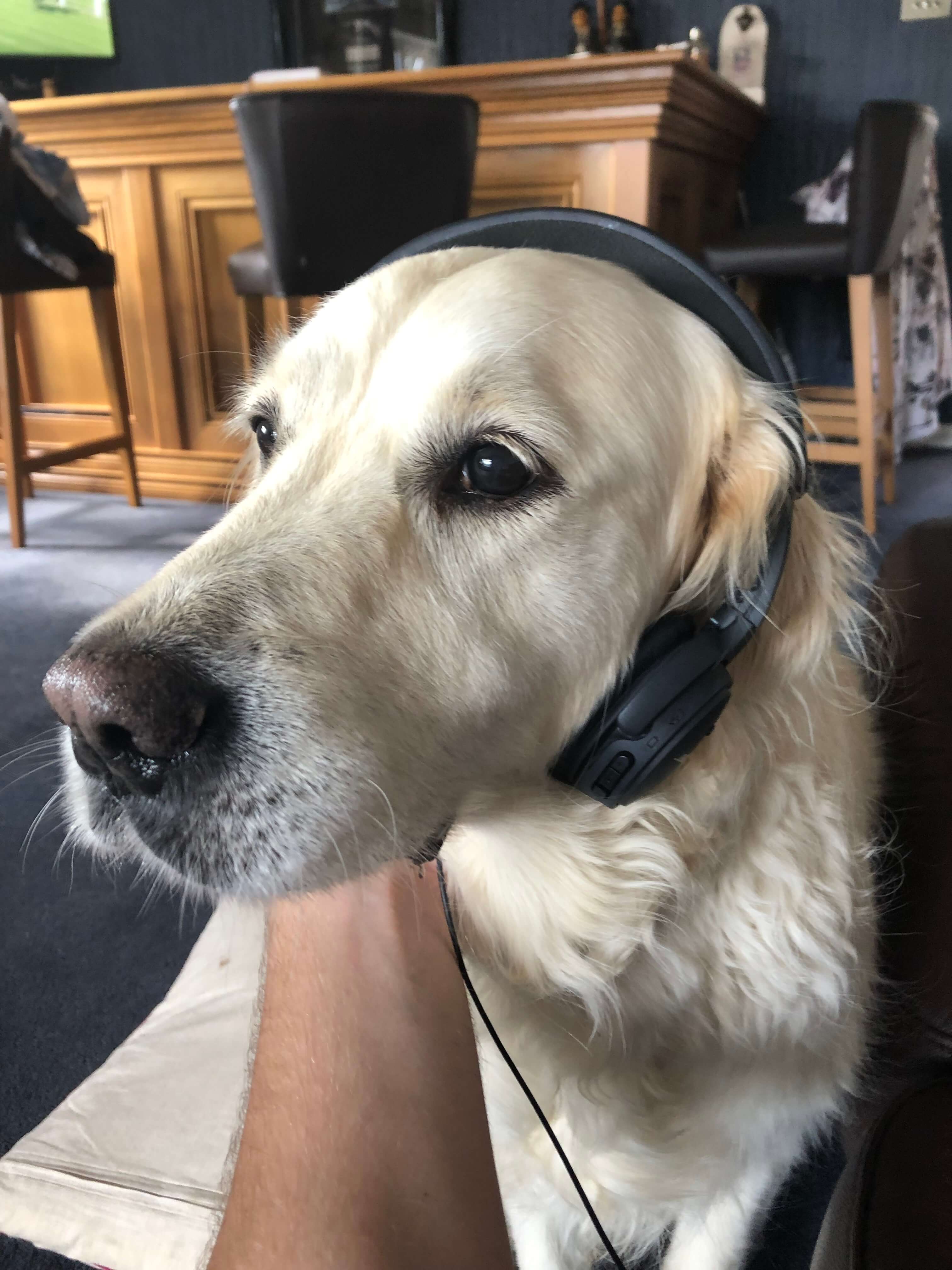 I travel a lot, but I still prefer paperbacks over ebooks.
I travel a lot, but I still prefer paperbacks over ebooks.
I love my Paperwhite and I also have the Kindle and Scribd app on my phone (along with Audible), but I always exceed my weight allowance because I insist on bringing real books with me.
Real books give me more joy.
It’s like the difference between vinyl records and digital streaming.
Holding something in your hand is a luxury these days.
As someone who works online, I don’t want to look at a screen when I’m supposed to be learning or relaxing.
It inhibits both of those processes for me.
Having said that, audiobooks are a luxurious experience for me.
I’m currently listening to Maggie Gyllenhaal’s 35-hour reading of Anna Karenina on Audible (full Audible review here) while cooking in the evening and it’s such a beautiful experience.
I also download samples liberally on Kindle.
I’ve got thousands of ebook samples.
If the sample hooks me, I’ll buy the whole book.
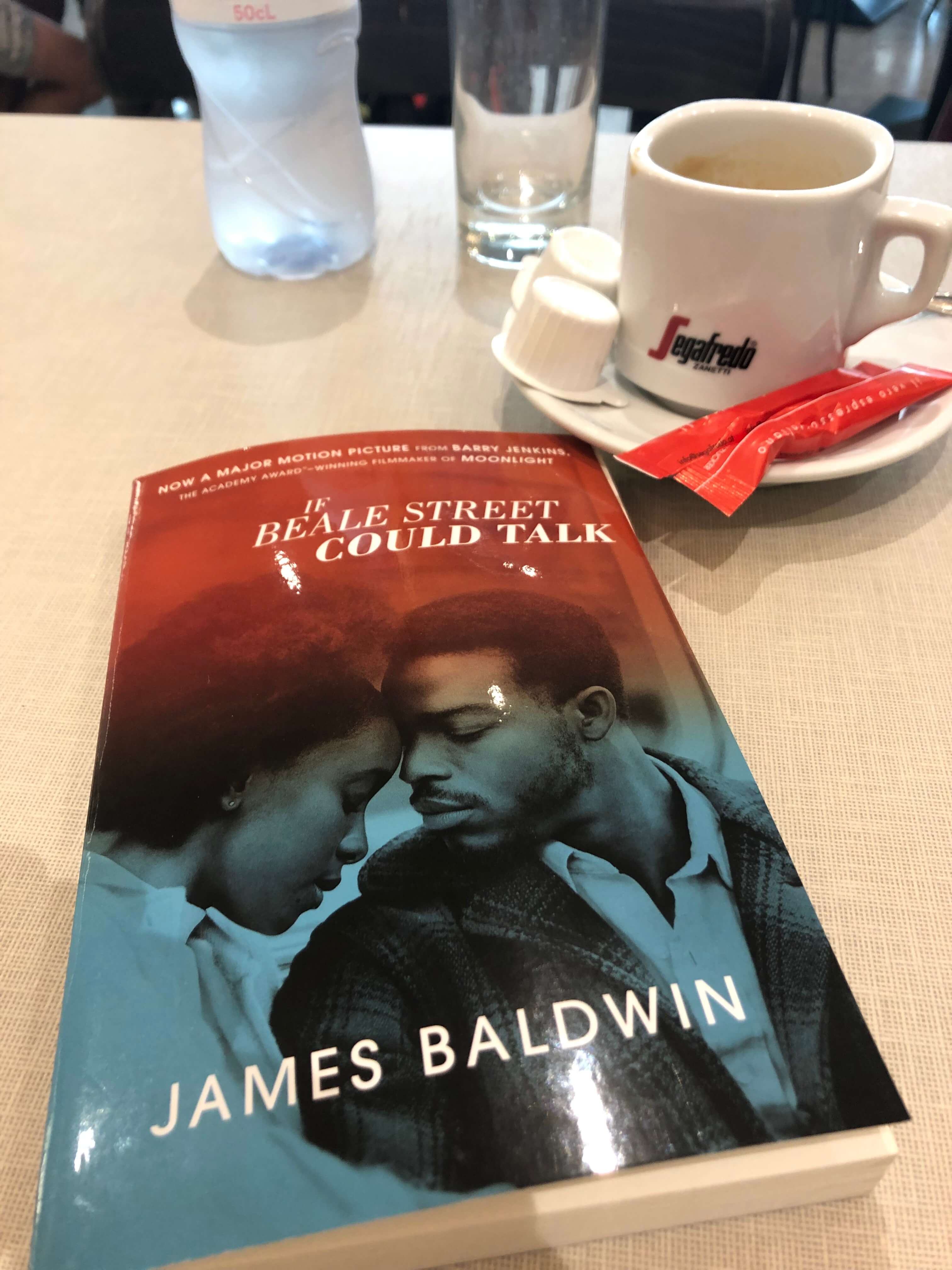 I read at least 3-5 books simultaneously.
I read at least 3-5 books simultaneously.
At the moment, I’m reading Harper Lee’s To Kill A Mockingbird, Jonathan Franzen’s The Corrections, James Baldwin’s If Beale Street Could Talk, Eiji Yoshikawa’s Musashi, and Milton Erickson’s My Voice Will Go With You.
I also read a crazy ton of comic books.
I prefer manga because it keeps my Japanese ability sharp (I always read them in the original Japanese) and the stories in manga are so much more diverse than American comics.
I’m not knocking American comics though because I devour Marvel and D.C.
I’m also a huge fan of comics outside of the superhero universes (recently I’ve been on a Jeff Lemire binge).
I’ll also read old Playboys and other classic pulp magazines like Dime Detective and Weird Tales and occasionally buy a gorgeous art book to have on my coffee table for conversation-starters and inspiration.
In addition to having smaller goals whenever I approach an individual book, I have larger book goals and set myself challenges across the year.
This year some of my book goals include:
- Start a book podcast (recorded four hour-long episodes already that include works by Carl Jung and Viktor Frankl)
- Read a book in a day (already hit this one several times)
- Have a reading weekend (haven’t hit this one yet because I suck at scheduling entire weekends off)
- Read a book in serial form (already did this with The Turn of the Screw and loved it)
- Have a literary excursion (got this idea from Misha who structured his trip to Europe around reading about the Holocaust)
- Read a Shakespeare play a week (there’s something sexy about devouring the canon in one year)
That’s how I read.
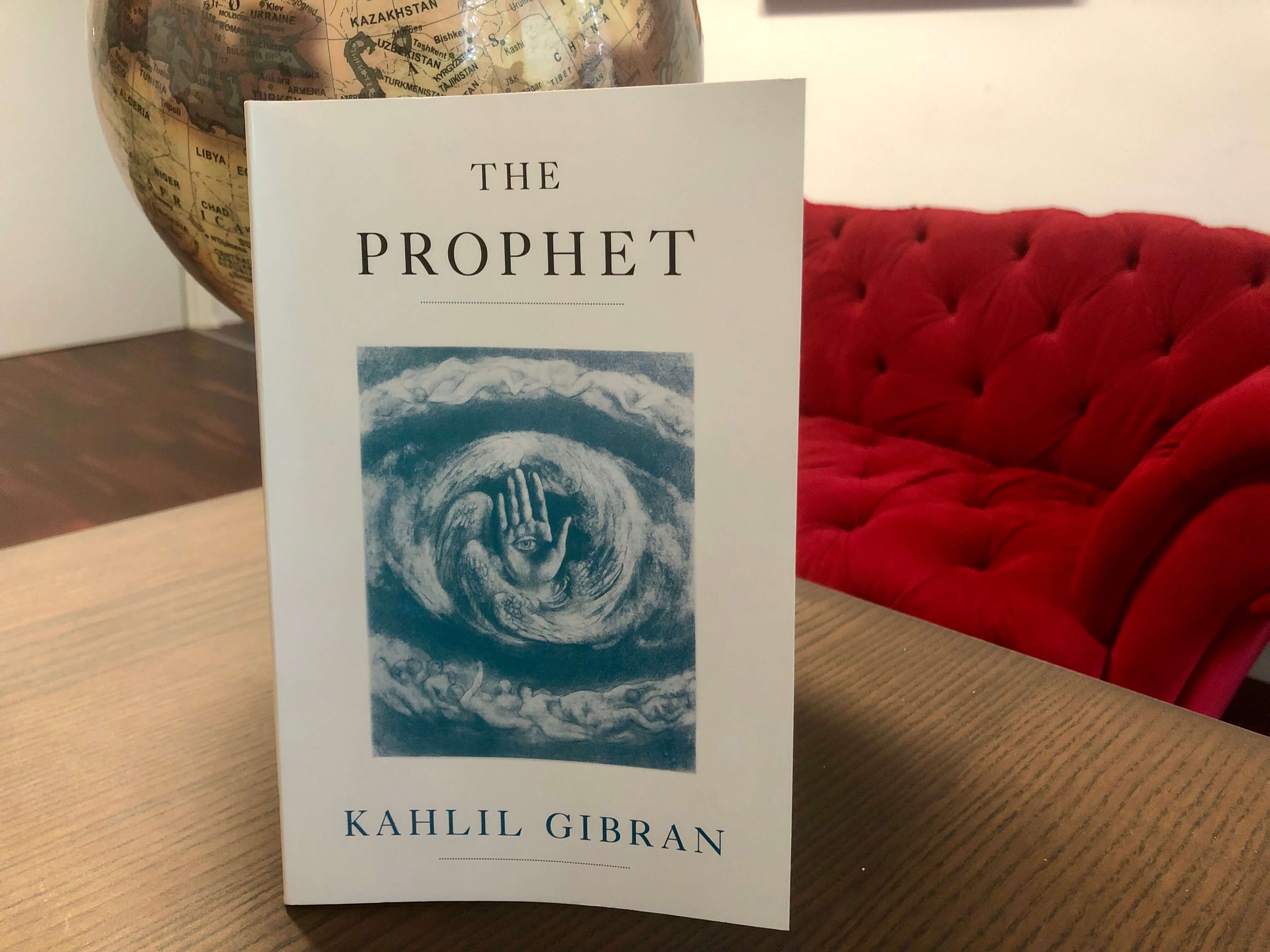
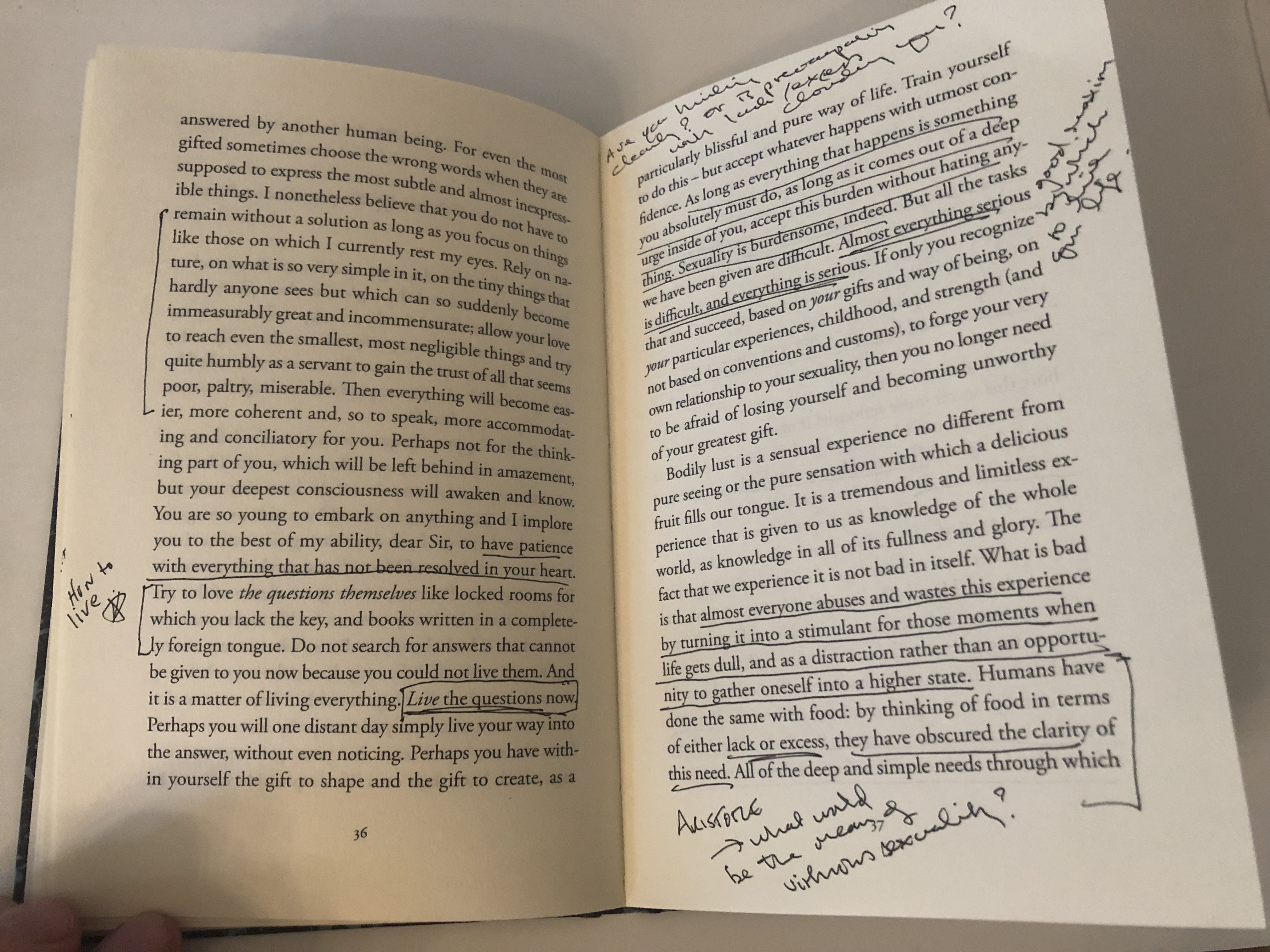
This is another fascinating post, Benjamin! I’m interested in your consumption of comic books — I’m not at all a “comic book guy,” but I did trial Marvel Unlimited for a little bit. I didn’t have much of any point of reference, and wound up giving up very quickly. Maybe you could provide some suggestions for someone who wants to see what all the interest is about?
I’ve run hot and cold on audio books, and lately, I’ve been back to them with a vengeance. I’m glad I did, and your Audible review was the impetus for that. I especially like the feature that syncs my Kindle e-book with the Audible book, allowing me to switch back and forth at will.
I hope you will share details of your podcast soon!
Thanks, Matt! I was never a comic book guy either until recently and I found Marvel Unlimited is very hard to navigate if you don’t already have a certain artist’s run you’re interested in or point of reference because there’s simply too much stuff there, much of it not to everyone’s taste (I gave up when I first tried it too).
I’m glad you asked as I have a hopefully quite comprehensive guide to getting into comic books and graphic novels coming out very soon, along with some “deep-dives” into specific creators. But, before I publish that, I’ll give you a few recommendations that you might find interesting (everyone’s taste will be different though).
I personally love the work of Jeff Lemire because he writes in basically every genre. He’s also got Marvel and DC stuff if you like superheroes. For his non-superhero stuff I’d recommend checking out Essex County, Descender, or Sweet Tooth. For his superhero stuff, Bloodshot (my favourite), Black Hammer, Green Arrow, and his Moon Knight are good stuff.
A graphic novel that a lot of people start with is Watchmen, which turns a lot of the traditional superhero stuff on its head. Heavy, well-written, and a lot of fun. My favourite sci-fi comic would be Saga (love this one). Schoolboy humour – it’s basically like Guardians of the Galaxy but ruder. Another comic I thought was fun was called Chew, which is about a detective who can see the death of something by eating it (naturally he falls in love with a food critic).
The comic that really got me into the form was Locke and Key, story written by Joe Hill (Stephen King’s son). King himself also has a comic, about vampires, called American Vampire. I wanted more from that, but a lot of people I know loved it.
As for historical comics, Maus is a good one if you’re into history about the Holocaust. And I like the Japanese comics, manga, because the stories have more variance. For Japanese stuff, Berserk is cool and Death Note is also a classic. When it comes to Marvel, there’s not too much that does it for me personally, but Deadpool is always good for a laugh and I’m currently reading Chris Claremont’s X-men run.
Great to hear you’re back into audiobooks! I was hot and cold too until recently. The whispersync feature really is amazing. If you ever come across any great audiobooks, please let me know! I have some credits saved up at Audible! I’m currently loving the Anna Karenina reading by Maggie Gyllenhaal.
Thanks for your interest in the podcast – planning to launch it within the next few months!